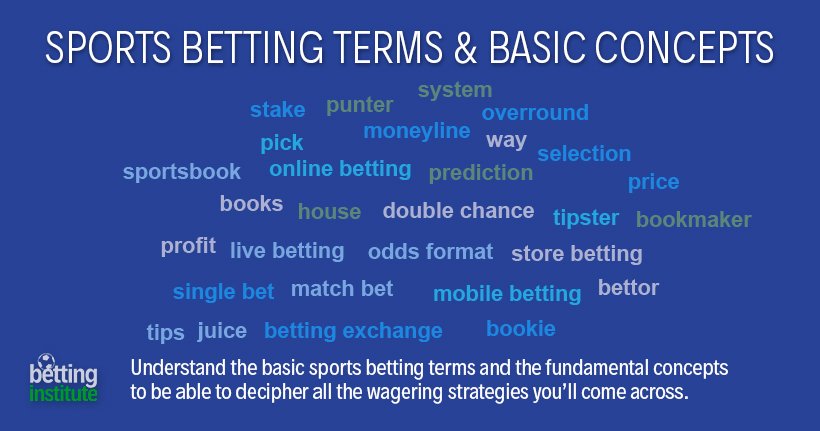Analyzing sports data is key to making informed and profitable betting decisions. Data-driven betting helps you go beyond intuition and emotional decisions, allowing you to approach betting with more precision. Here’s how to effectively analyze sports data to improve your betting performance:

Collect Relevant Data
The first step is gathering the right data for the sport you’re betting on. This includes team and player statistics, historical performance, head-to-head records, and situational factors like injuries and weather.
- Football: Focus on data such as possession percentage, shots on target, and recent form.
- Basketball: Key data includes field goal percentage, rebounds, turnovers, and points per game.
Use Analytical Tools
Advanced sports betting platforms and tools can help you analyze and interpret data more efficiently. Tools like statistical models, predictive algorithms, and betting odds calculators can identify trends and patterns that are difficult to spot manually.
- Tip: Look for predictive tools that generate data-based projections of outcomes based on historical data.
Focus on Key Performance Indicators (KPIs)
Every sport has unique KPIs that indicate team or player performance. In football, these may include possession stats and expected goals (xG), while in basketball, it’s points per possession or offensive/defensive efficiency.
- Tip: Make a list of essential KPIs for the sport you’re betting on and track them consistently to guide your betting choices.
Study Trends Over Time
Historical data is crucial for identifying patterns in performance. Look at how teams or athletes perform under specific conditions, such as home vs. away, against high-ranked vs. low-ranked opponents, or during different weather conditions.
- Tip: Focus on a sample size of games over time rather than one-off performances. For example, how often does a football team win after leading at halftime?
Assess Strengths and Weaknesses
Data analysis should focus on the strengths and weaknesses of teams and players. For example, analyze how a football team performs against defensive setups or how a basketball team fares against fast-paced teams.
- Tip: Identify matchups that give one team an advantage based on their strengths (e.g., good defensive team vs. poor shooting team).
Compare Odds and Probability
Bookmakers set odds based on probabilities, but they may not always reflect the true chances of an outcome. By analyzing data, you can find discrepancies between the odds offered and the actual probability of an event, presenting value betting opportunities.
- Tip: Calculate the implied probability from betting odds and compare it to your own analysis to identify potential value.
Leverage Situational Data
Situational factors like travel, schedule congestion, and fatigue can impact performance but may be overlooked by bettors who focus only on team form or player stats.
- Tip: Consider the impact of things like a long road trip or playing back-to-back games when analyzing performance data.
Use Regression Analysis
Regression analysis is a statistical tool that can help you predict outcomes by assessing the relationship between variables (e.g., team form, home advantage, or weather conditions) and their impact on the result.
- Tip: Use free or paid sports analytics software to perform regression analysis and identify predictive variables for your sport.
Monitor Betting Market Movements
Betting odds can shift based on market activity, injuries, or other factors. Analyzing how odds move leading up to a game can give you insights into how public sentiment or expert bettors view the game.
- Tip: Track early odds and monitor any significant changes leading up to the event, as these shifts often reveal important betting trends.
Factor in Psychology
Data doesn’t account for everything—psychological factors like motivation, team morale, and pressure situations can impact performance. While difficult to quantify, these factors should be considered when analyzing data.
- Tip: Study past performances of teams or players in high-pressure games or championship situations to gain insights into their psychological resilience.
Conclusion
Analyzing sports data allows you to make smarter betting decisions based on solid evidence rather than gut feelings. Collect relevant data, focus on key performance indicators, and use advanced tools to interpret trends. By combining this approach with an understanding of betting odds and situational factors, you’ll have a data-driven edge in sports betting.










